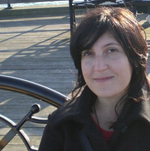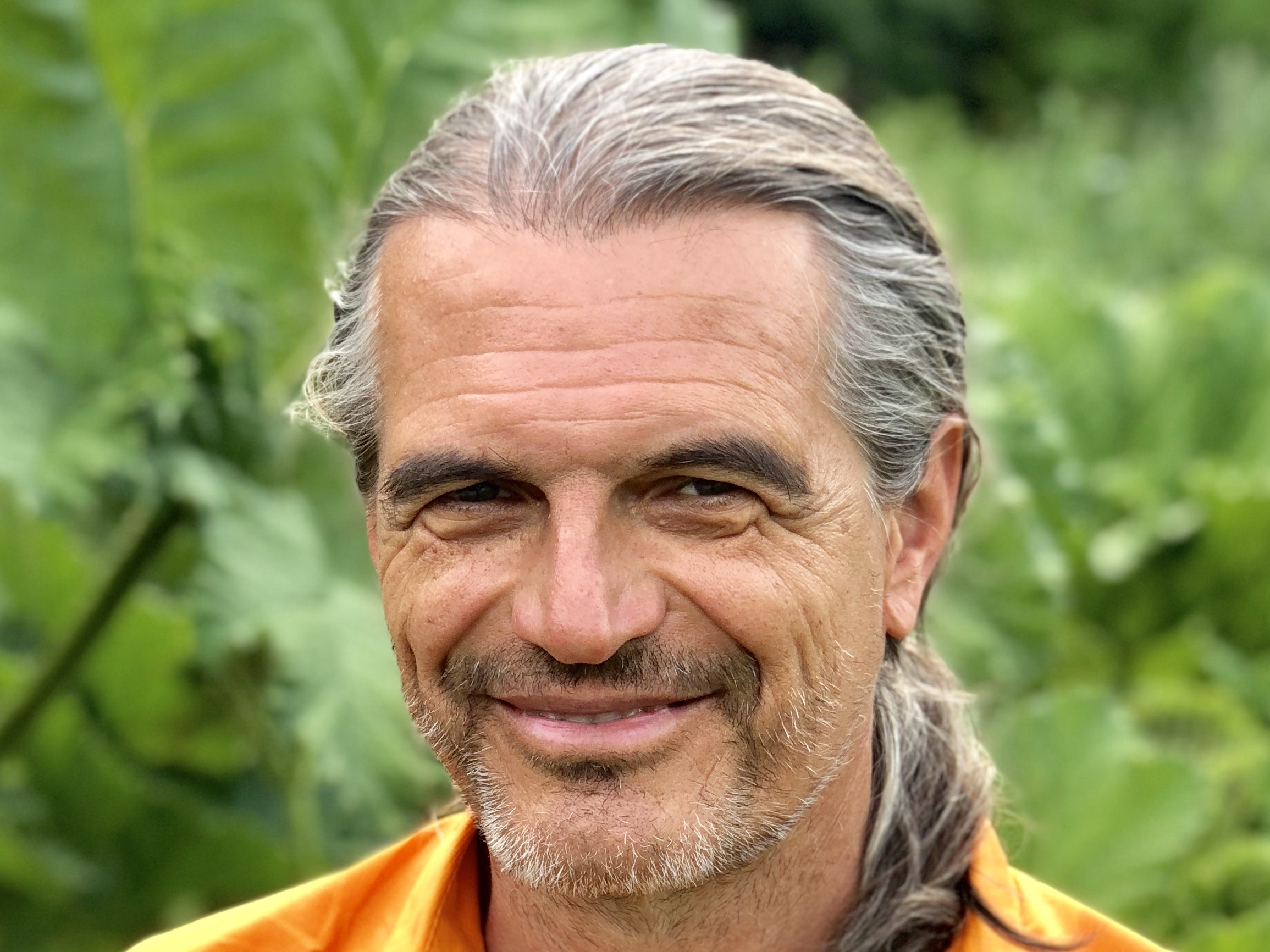
Georgeta Cislaru
Courses: «Writing and AI: a process and product viewpoint», «Analyzing and Visualizing Keystroke Logging Data» (with Cerstin Mahlow)
Sorbonne Nouvelle University (France)
Writing Research for Writing Practice


The EARLI Special Interest Group Writing and the ZHAW School of Applied Linguistics, organize the SIG Writing Research School from May 29 to June 1st, 2026. The research school takes place prior to the 21st biennial SIG Writing conference to be held at ZHAW Zurich University of Applied Sciences, Winterthur, Switzerland, from June 2nd to 4, 2026.
The SIG Writing Research School will focus on methods for writing research. Junior researchers working towards a PhD will get to know various research methods from respective experts in the field. The trainers will also engage in dedicated mentoring and coaching sessions to give feedback on drafts provided by the participants (for research papers, the PhD project proposal, etc.). We will provide space for discussing all things writing research and academia at large.
Courses will cover:

The SIG Writing Research School 2026 takes place at the Seminarhotel Boldern (belongs to Männedorf), Switzerland.
TBA

The research school will feature courses and tutorials in morning and afternoon sessions. In the evening, there will be opportunities to discuss all things concerning writing research, research careers, and academia at large. We'll make sure to include leisure activities like hiking.
Here is the preliminary program with details on courses and trainers/mentors, more information will be added.
Participants will produce and provide a short video on their PhD project by end of April 2026. The format adopts the idea of the «3 minute thesis» and challenges participants to present their research in just 180 seconds, in an engaging form that can be understood by an intelligent audience with no background in the research area (see Wikipedia). Information on file size and where to upload the video will be communicated to participants with the acceptance notification.
All trainers and participants will watch the videos before the research school to get a first idea on the various research questions and methods.

Courses: «Writing and AI: a process and product viewpoint», «Analyzing and Visualizing Keystroke Logging Data» (with Cerstin Mahlow)
Sorbonne Nouvelle University (France)

Course «Measuring Handwriting Fluency and Control—A Research-Oriented Introduction to CSWin»; Mentoring
PHLU Lucerne University of Teacher Education (Switzerland)

Mentoring
PHZH Zurich University of Teacher Education (Switzerland)

Course: «Fluency as a Multifaceted Construct: The Various Concepts and Measurement Methods» (with Afra Sturm)
University Koblenz (Germany)

Course: «Analyzing and Visualizing Keystroke Logging Data» (with Georgeta Cislaru)
ZHAW Zurich University of Applied Sciences (Switzerland)

Course: «On, for, and with Practitioners: Fostering Transdisciplinary Dissertations in Times of Science Criticism», Mentoring
ZHAW Zurich University of Applied Sciences (Switzerland)

Course: «In Search of your Inner Supervisor"; Mentoring
Copenhagen Business School (Denmark)

Course: «Publishing your Writing Research Study—Insights into Editorial Processes»; Mentoring
University of Amsterdam (The Netherlands)

Course: «Fluency as a Multifaceted Construct: The Various Concepts and Measurement Methods» (with Markus Linnemann); Mentoring
FHNW University of Applied Sciences and Arts Northwestern Switzerland (Switzerland)

Course: «Tracking Writing and Researching Processes Across documents and Tools by Using Screen-Recording»; Mentoring
University of Basel (Switzerland)

Course: «Uncovering Hidden Writing Processes: A Hands-on Introduction to Keystroke Logging with Inputlog»
University of Antwerp (Belgium)
We invite junior researchers working on a PhD project or aiming to start a PhD project. The submission system asks for the following information that will allow the trainers/mentors of the research school to decide about acceptance to the research school:
- Motivation: Why do you want to attend the research school? What do you want to gain, what are your expectations? What do you bring to the research school? Make references to specific parts of the program (300 words)
- PhD project: Title and brief description (200 words)
- PhD process: Status of the PhD project (are you thinking about a suitable topic or already near completion) and description of the process (e.g., cumulative vs. monographic, will there be publication and/or defense, field of your degree) (100 words)
- Supervisor and institution: Where do you do your PhD, what is the field of your degree, who is your supervisor, are you part of a larger project or a research group? (50 words)
All applications must be written in English and submitted using the online submission system: https://www.earli-eapril.org, application will close on January 17, 2026. Please note that this is a firm deadline!
To submit a proposal, you need your user name and password for the EARLI system. If you never used any service by EARLI, you first need to create an account.
On the User Dashboard, you find the section "My Submissions." Click "New Submission" and then "SIG Writing Research School 2026". In the meta data section, please choose exactly 4 keywords matching your interest or your PhD project. The keywords are used to assign reviewers accordingly.
The applications will be reviewed by the trainers and mentors of the research school. They will use the provided information for balancing participants, adjusting the program, and to ensure a significant experience for everybody. The main criteria for acceptance is the motivation: what do you want to gain from and what do you bring to the research school?
The number of participants is restricted to 20.
SIG Writing BESST AWARD
The SIG Writing Best Early Stage Short Talk (BESST) Award aims to encourage and motivate early stage scientists to continue their research efforts in the writing field. This award is attributed to promising (PhD) students as a distinction for their contribution to the Research School preceding the SIG Writing Conference. This year, the presentations will be pitches bout the PhD project incorporating skills acquired and knowledge gained during the Research School. The pitches build on the 3-minute-thesis videos prepared in advance.
An evaluation panel composed of three trainers of the Research School will rate presentations concerning the following items:
The recipient of the BESST award will be announced at the SIG Writing Closing Conference. A monetary prize of 400€ will be given to the winner.
Registration will open in early 2026.
Registration fee for accepted junior researchers is CHF 300.
We work on financial support for EARLI JURE members and will inform about the possibility to apply for travel grants in early 2026.
Please consider the following important dates in preparing for the SIG Writing 2026 conference:
Submission for application closes
Notification of acceptance
Registration opens
Registration closes
Upload your 3MT video
Research School
Main conference
Cerstin Mahlow (ZHAW), Liana Konstantinidou (ZHAW), Daniel Perrin (ZHAW)
Sibylle Hurschler Lichtsteiner (PH Lucerne), Stefan Daniel Keller (PH Zurich), Afra Sturm (FHNW), Mirjam Weder (University of Basel)
Cerstin Mahlow, Liana Konstantinidou, Renate Balogh, Nadja Spillmann